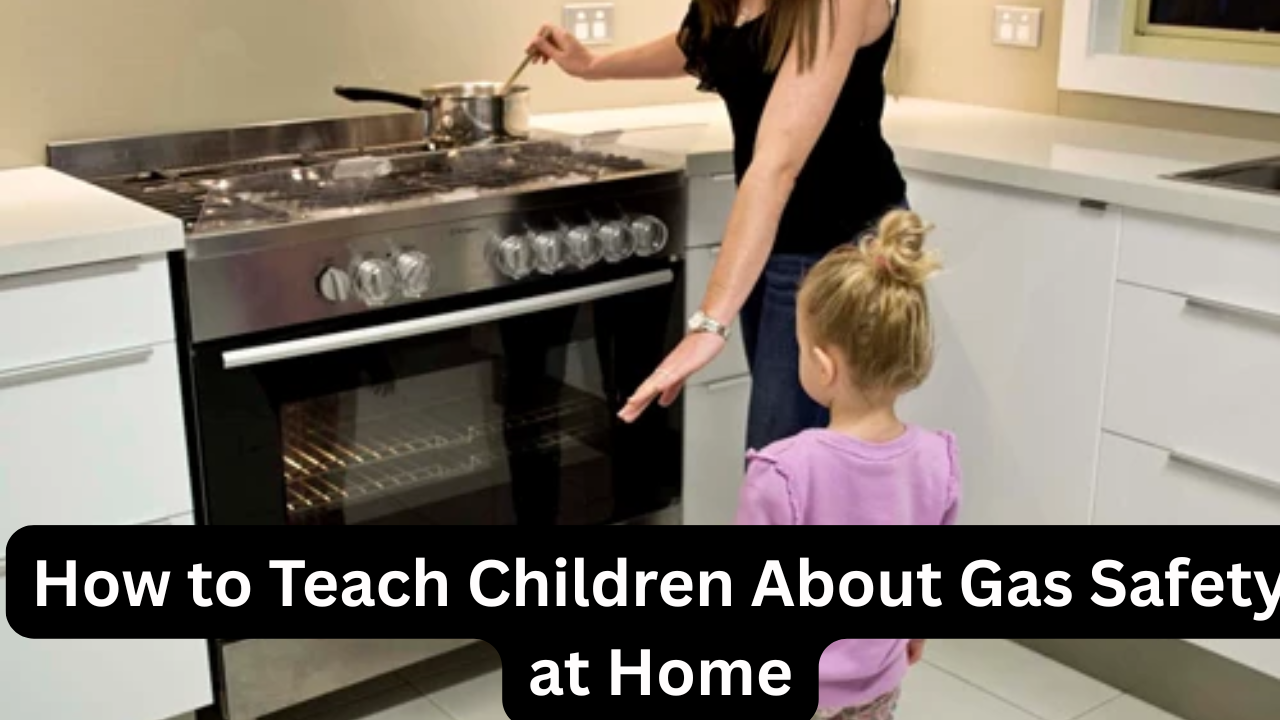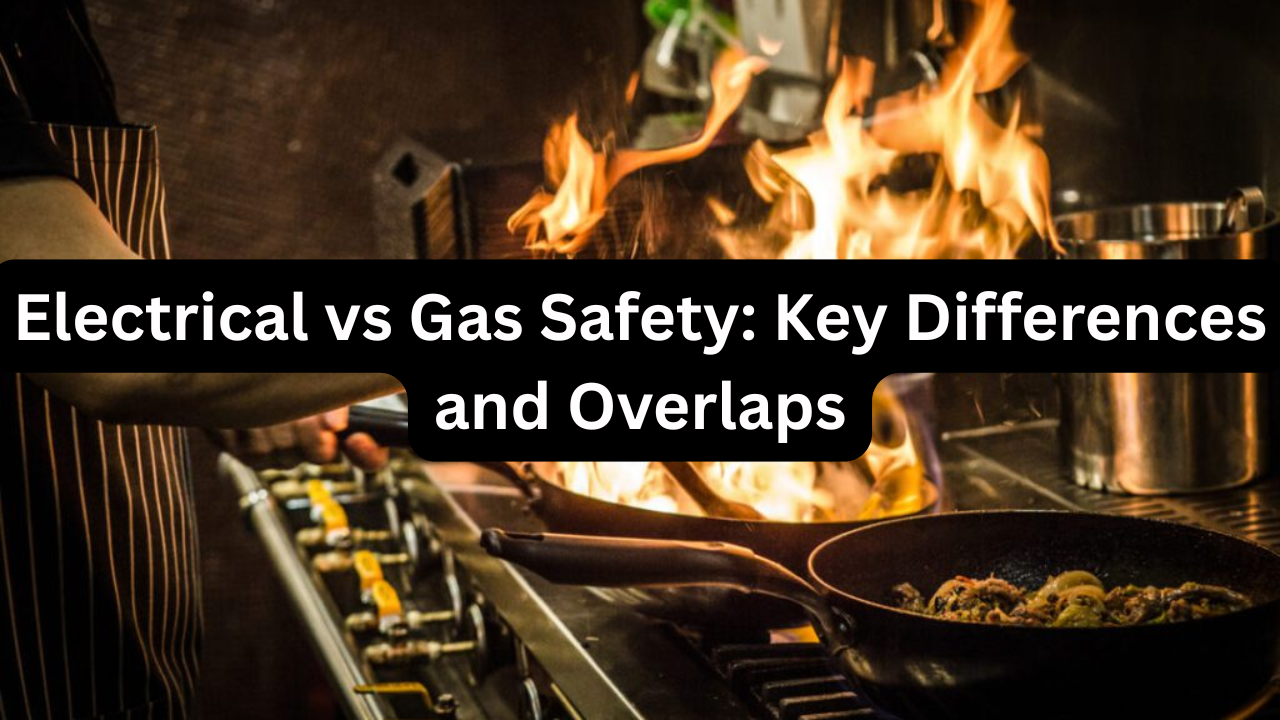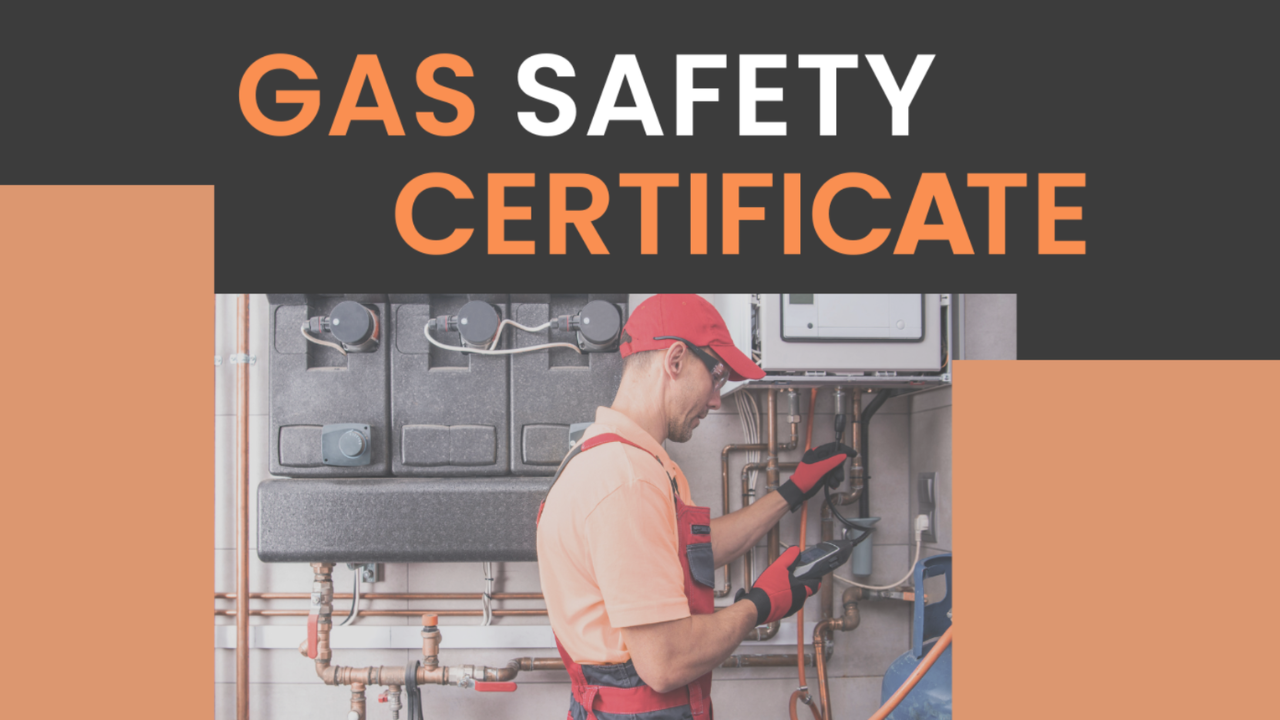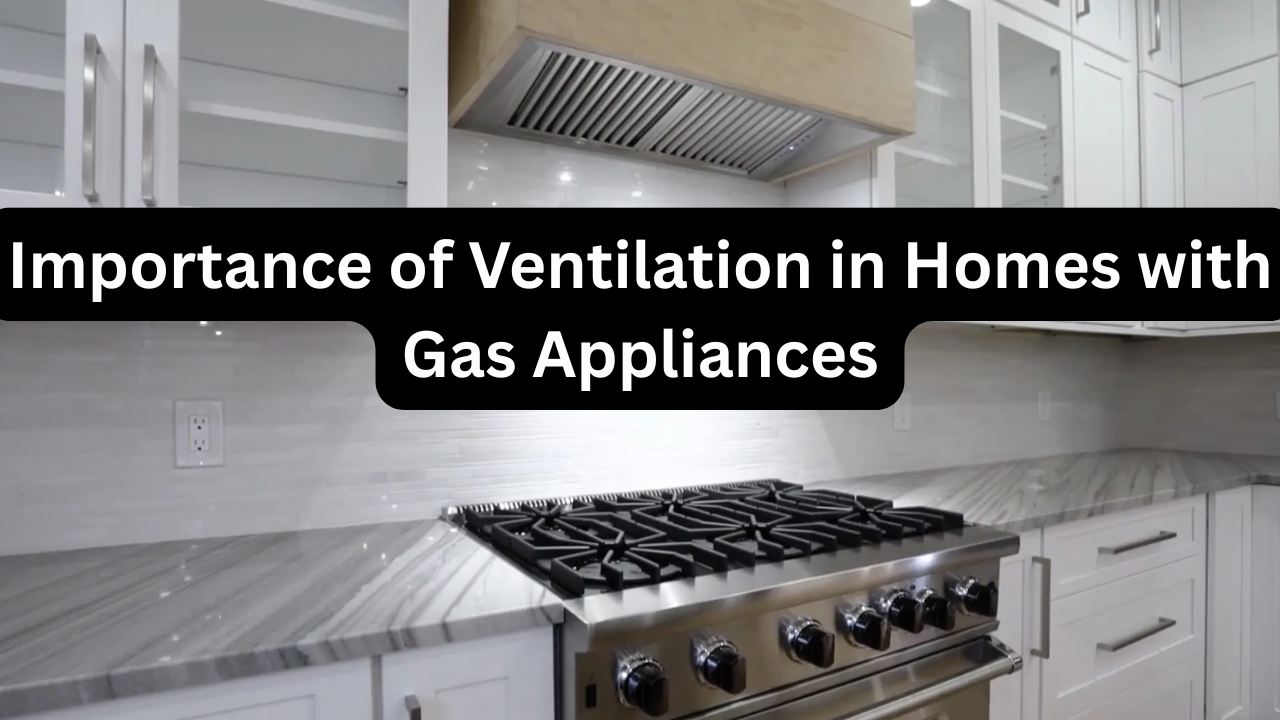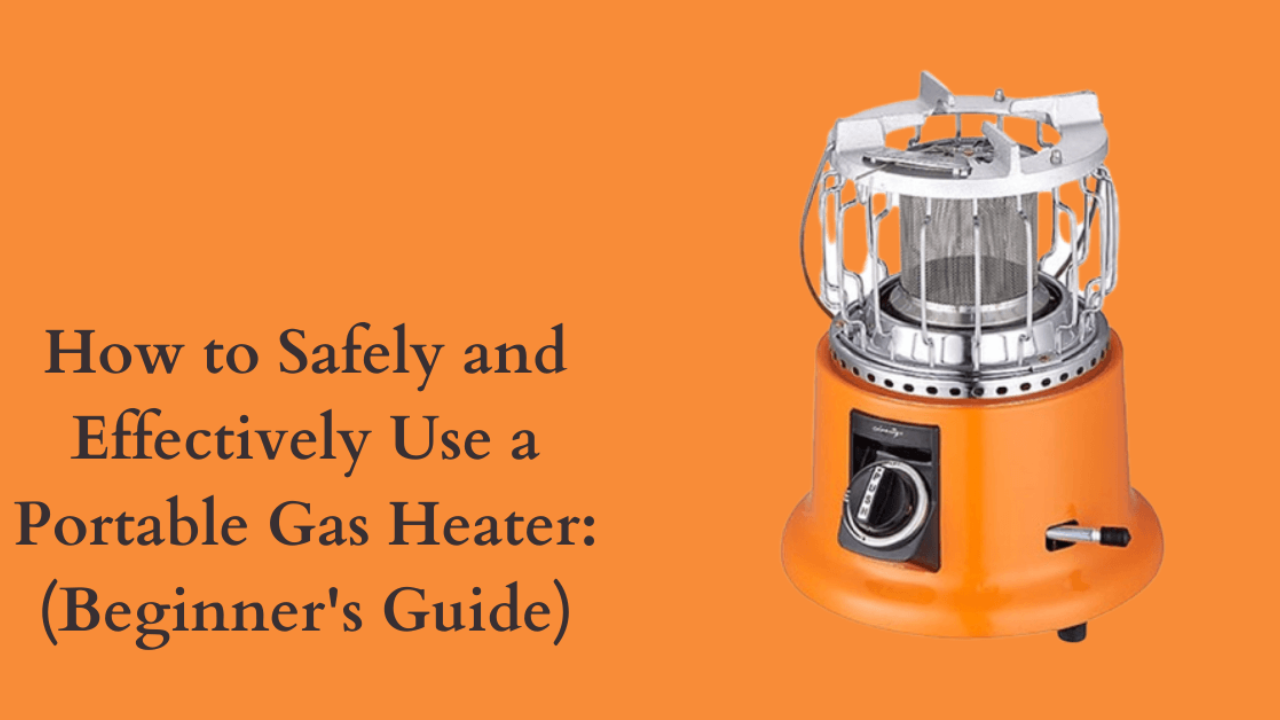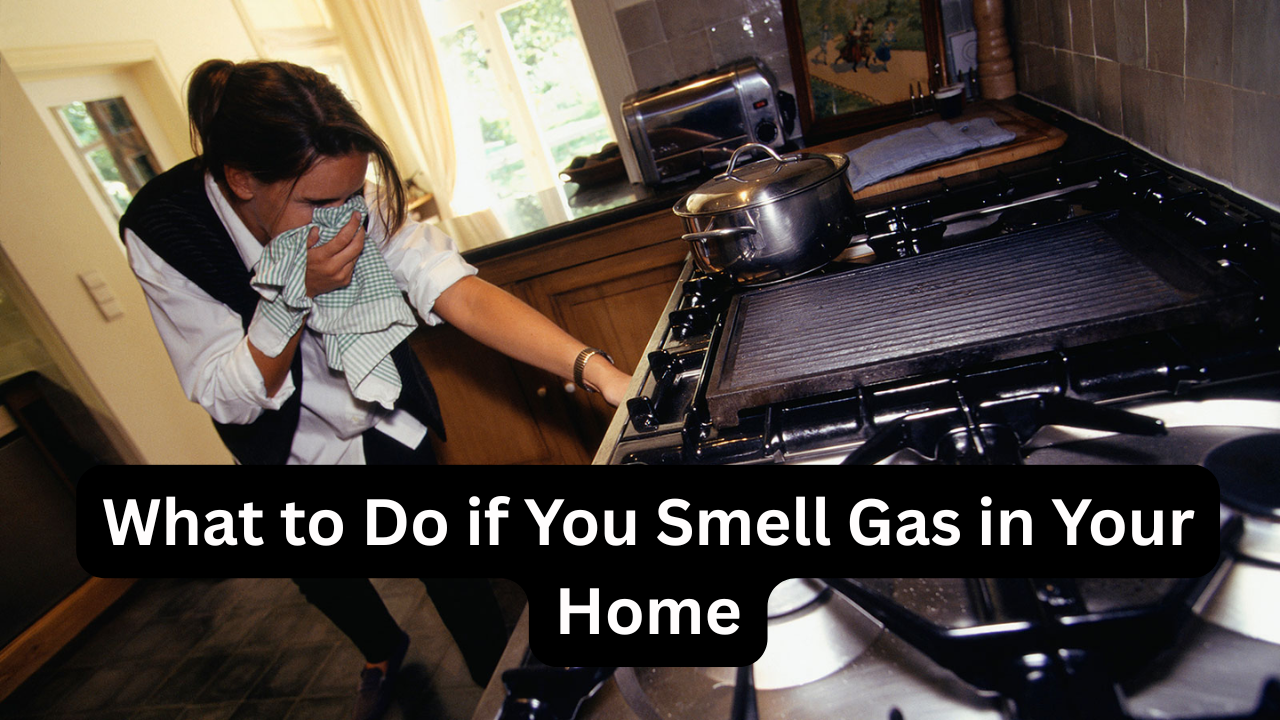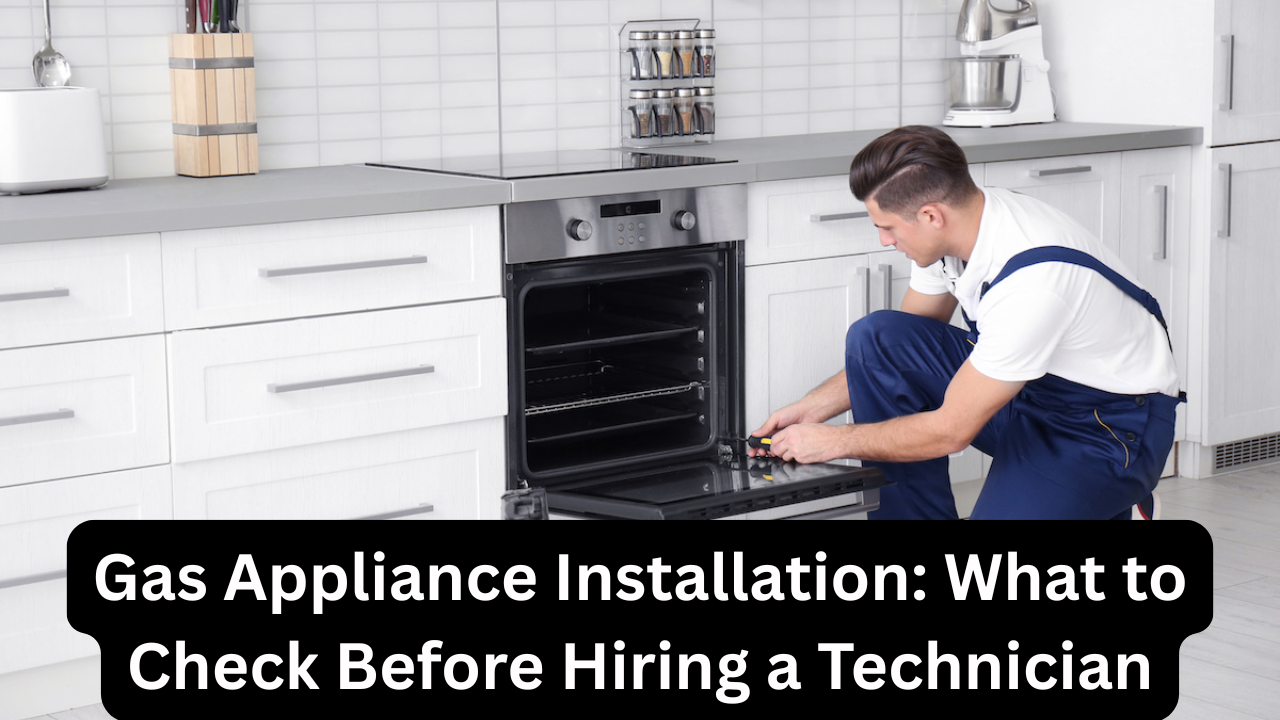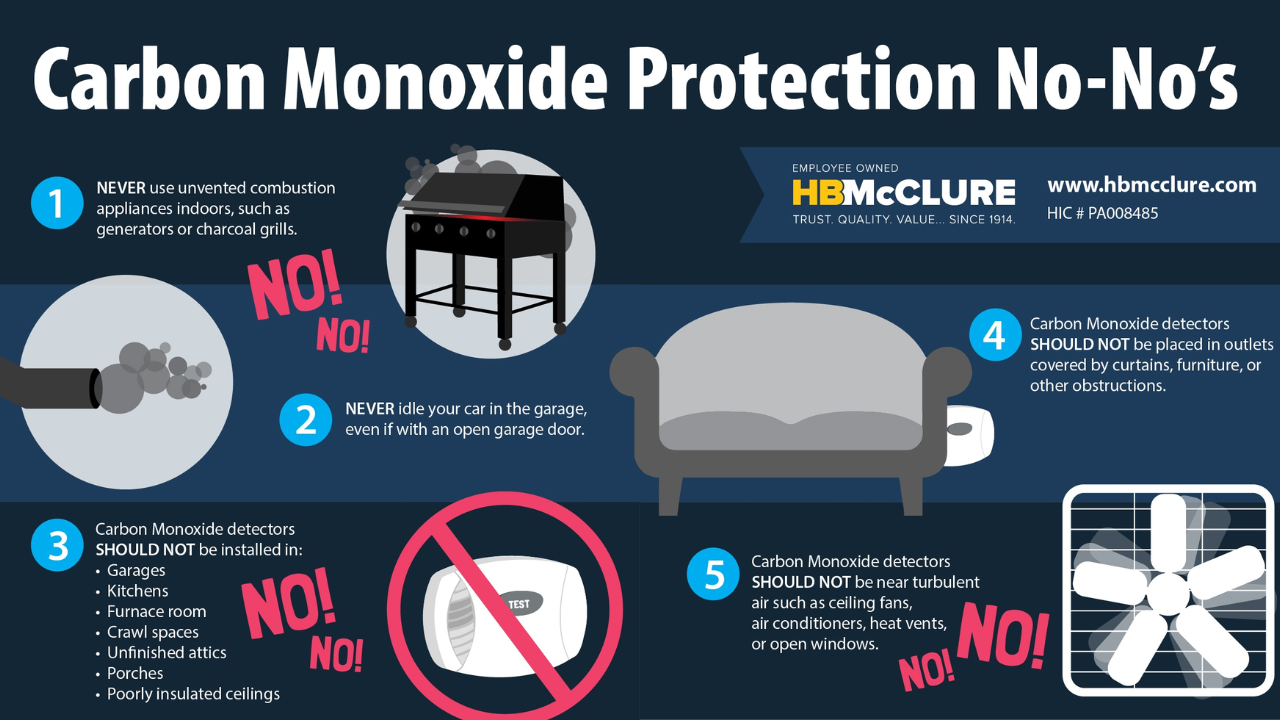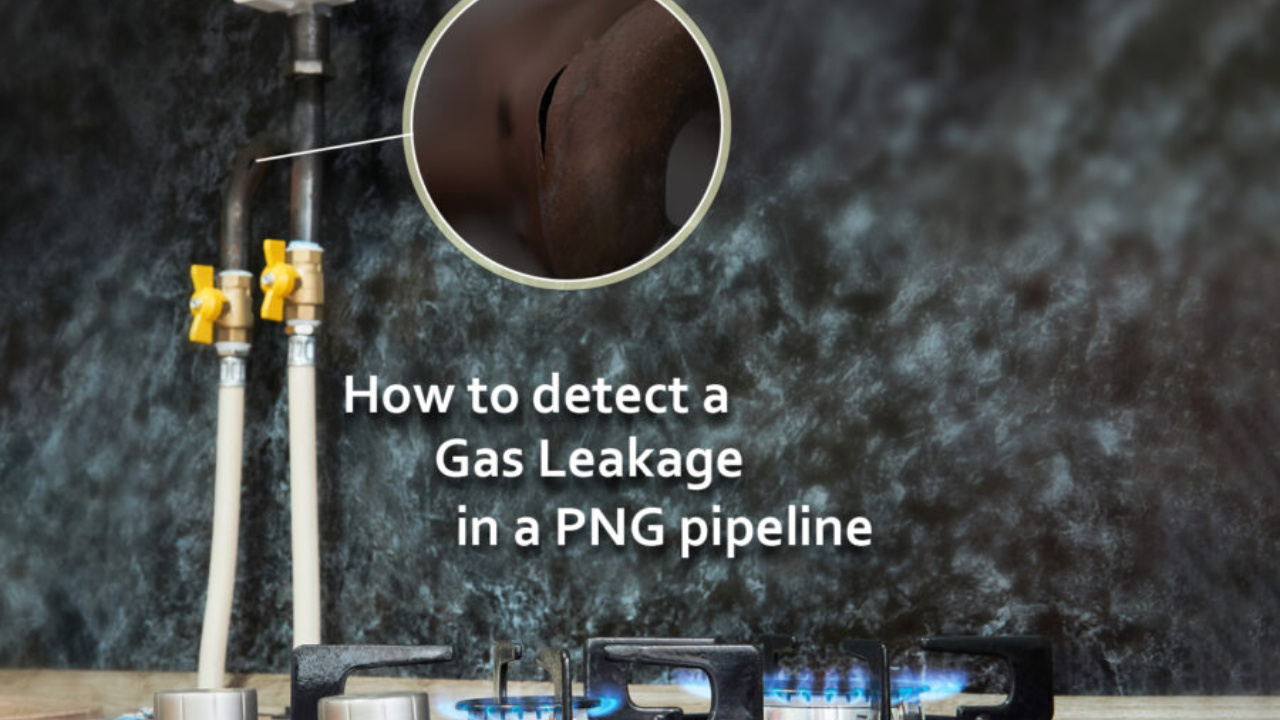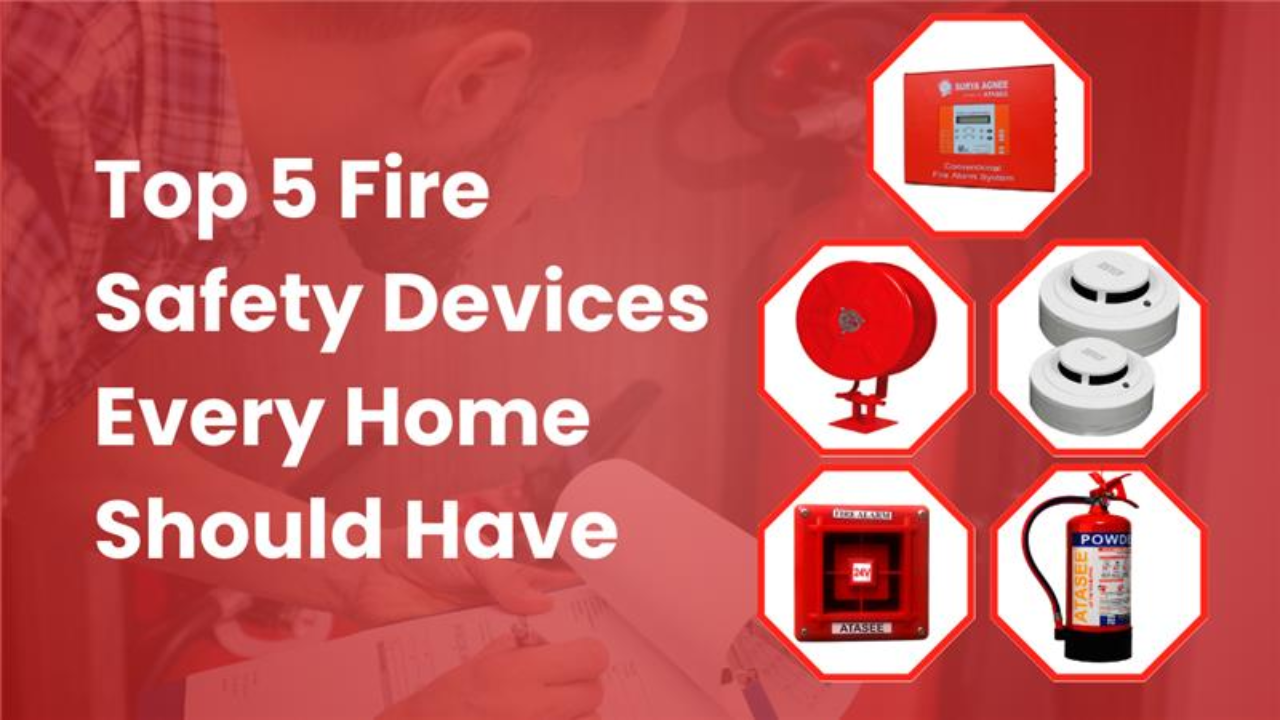How to Teach Children About Gas Safety at Home
Gas is an essential energy source for heating, cooking, and hot water, but it can be dangerous if not handled properly. Children are naturally curious, which means they need clear, age-appropriate guidance on gas safety. Teaching them early builds lifelong habits, reduces risks, and ensures that the whole family can respond appropriately in an emergency … Read more

